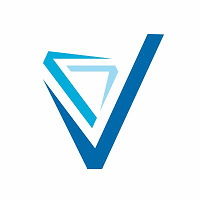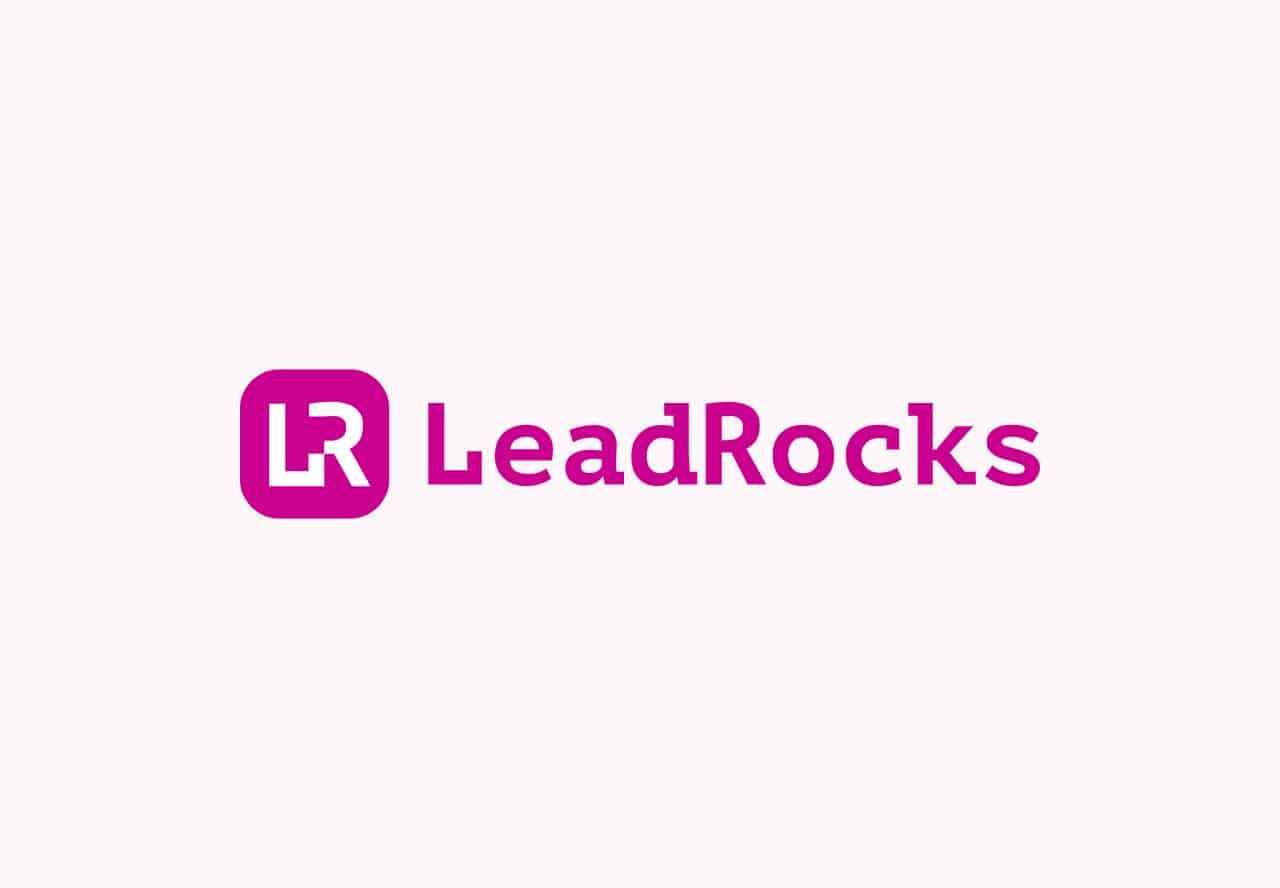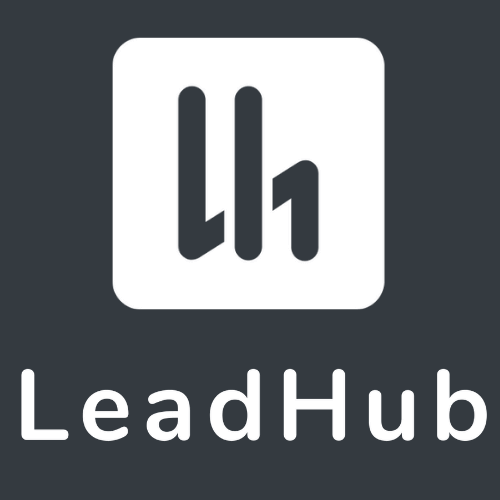Description

Velocify

LeadRocks
Comprehensive Overview: Velocify vs LeadRocks
Velocify and LeadRocks cater to different aspects of sales and lead management, though they may overlap in some functionalities. Here’s a comprehensive overview based on the information available:
Velocify
a) Primary Functions and Target Markets
Velocify is primarily a sales acceleration platform designed to enhance lead management and sales processes. It offers features such as lead scoring, routing, distribution, and prioritization to optimize the conversion of leads into sales. Velocify automates and streamlines various aspects of the sales cycle, making it suitable for organizations seeking to improve their sales team efficiency.
Target Markets:
- Medium to large-sized businesses
- Sales teams across various industries, including real estate, insurance, education, and financial services
- Companies seeking to automate lead management and desire integration with their existing CRM platforms
b) Market Share and User Base
As part of its market presence, Velocify has been known to serve a significant number of users primarily in North America where the CRM and sales technology adoption rate is high. Its integration with notable CRMs, such as Salesforce, boosts its attractiveness to established companies seeking to optimize existing sales processes.
c) Key Differentiating Factors
- Integration capabilities: Velocify’s integration with Salesforce and other CRM platforms is a critical advantage, allowing seamless data flow and automation for enhanced sales productivity.
- Automation and efficiency: Velocify focuses heavily on reducing manual work for sales teams through automation, improving lead response times.
LeadRocks
a) Primary Functions and Target Markets
LeadRocks is more focused on providing a comprehensive lead-generation solution. It functions as a data provider, offering access to verified business contacts to help companies expand their network and reach potential customers. LeadRocks emphasizes delivering high-quality leads to enrich sales pipelines.
Target Markets:
- Small to medium-sized businesses
- Companies seeking lead enrichment services
- Sales and marketing teams that require robust contact data for outreach efforts
b) Market Share and User Base
LeadRocks, being a more specialized service in lead data provision, might not have the extensive market penetration of comprehensive sales platforms like Velocify. However, it attracts a niche user base interested in high-quality lead acquisition. Its user base continues to grow, particularly among businesses valuing data accuracy and outreach efficiency.
c) Key Differentiating Factors
- Data accuracy: One of LeadRocks’ key selling points is the accuracy and verification of its contact data, which is crucial for businesses focusing on targeted outreach.
- Lead quality: Unlike more generalized tools, LeadRocks tends to focus on enriching the lead data itself, providing more value to sales teams in terms of usable, relevant contacts.
Comparative Summary
- Functionality: Velocify offers comprehensive sales process optimization through automation, whereas LeadRocks specializes in providing accurate business contacts data for lead generation.
- Target Market Size: Velocify targets larger companies with established sales teams, integrating deeply into existing CRM systems. LeadRocks, on the other hand, serves smaller to mid-size businesses that require focused lead enrichment.
- Market Approach: Velocify stands out for its integration capabilities and sales process automation, contrasting with LeadRocks’ emphasis on data accuracy and high-quality lead information.
Both platforms offer distinct yet overlapping values, with Velocify excelling in sales automation and integration, while LeadRocks shines in lead data provision and enrichment.
Contact Info

Year founded :
2004
+1 844-327-3296
Not Available
United States
Not Available

Year founded :
Not Available
Not Available
Not Available
Not Available
Not Available
Feature Similarity Breakdown: Velocify, LeadRocks
To provide a comprehensive feature similarity breakdown for Velocify and LeadRocks, we'll explore the core features they have in common, compare their user interfaces, and identify any unique features that distinguish each product.
a) Core Features in Common
-
Lead Management:
- Both Velocify and LeadRocks offer robust lead management systems that enable users to capture, track, and manage leads effectively.
-
Automation:
- These platforms provide automation tools to streamline workflows, such as automated follow-ups, reminders, and task management to ensure leads are attended promptly.
-
Analytics and Reporting:
- They offer analytics and reporting capabilities that allow users to measure the performance of their lead generation and management efforts, providing insights into conversion rates and lead sources.
-
Integration Capabilities:
- Both platforms can integrate with other CRM systems and marketing tools, allowing for seamless data transfer and enhanced functionality.
b) User Interface Comparison
-
Velocify:
- Velocify typically has a more traditional CRM interface with dashboards that emphasize ease of navigation and functionality for sales teams. It focuses heavily on providing a structured, pipeline-based view of leads and is recognized for having a straightforward, data-driven interface.
-
LeadRocks:
- LeadRocks tends to have a modern, intuitive UI design that reflects current SaaS interface trends, focusing more on simplicity and user experience. Its design often appeals to users looking for minimalistic and clean visual layouts, making it accessible for users without extensive CRM experience.
c) Unique Features
-
Velocify:
- Priority Lead Distribution: One of Velocify's standout features is its intelligent lead distribution system, which assigns leads based on pre-set criteria to optimize response rates and sales outcomes.
- Built-in Call and Communication Tools: Velocify often integrates voice, SMS, and email directly into the workflow, providing a centralized communication channel within the platform.
-
LeadRocks:
- Lead Enrichment: LeadRocks may offer more advanced lead enrichment features, pulling in additional data about leads from various sources to provide a fuller picture of each prospect.
- Data Accuracy and Verification Tools: It likely emphasizes data quality with built-in verification tools to ensure the information associated with leads is current and accurate, reducing data decay.
Conclusion
While Velocify and LeadRocks share foundational features such as lead management, automation, analytics, and integrations, they cater to slightly different user preferences and needs through their interface design and unique features. Velocify focuses more on distribution and communication efficiency, while LeadRocks emphasizes data quality and a modern user experience.
Features

Reporting and Analytics
Sales Automation
Lead Management
Communication Tools

Lead Generation
Data Management
Performance Tracking
Outreach Tools
Best Fit Use Cases: Velocify, LeadRocks
Velocify and LeadRocks are both tools designed to enhance lead management and sales operations, but they cater to different use cases and types of businesses. Here's a detailed overview:
Velocify
a) Best fit use cases for Velocify:
Types of Businesses or Projects:
-
Large Enterprises:
- Velocify is ideal for large enterprises with extensive sales teams and complex sales processes. Its robust lead management capabilities can handle significant volumes of leads and sales reps, making it suitable for large operations.
-
Real Estate and Mortgage Companies:
- Due to its strong background in these industries, Velocify is tailored to meet the demands of real estate and mortgage businesses. It offers specific features that address the nuances of these sectors, such as loan tracking and real estate-specific lead scoring.
-
Call Centers:
- Velocify is well-suited for call centers that need to efficiently manage a high volume of inbound and outbound leads, offering tools for call routing, automated dialing, and performance monitoring.
-
Education and Recruitment Firms:
- With its ability to manage large lead lists and prioritize follow-up activities, Velocify is a strong contender for educational institutions and recruitment agencies looking to streamline their enrollment or hiring processes.
Scenarios:
- Companies that require extensive automation in lead distribution, follow-up scheduling, and engagement tracking.
- Businesses facing challenges with lead conversion rates due to inefficient processes or poor prioritization.
- Organizations that operate with a high volume of leads and need powerful analytics to optimize sales strategies.
LeadRocks
b) Preferred scenarios for LeadRocks:
Types of Businesses or Projects:
-
Small to Medium-sized Businesses (SMBs):
- LeadRocks is generally tailored for SMBs that need cost-effective lead generation and are looking for straightforward solutions without the complexity of enterprise-level systems.
-
B2B Companies:
- Especially beneficial for B2B companies needing to enhance their prospecting efforts, LeadRocks aids in the discovery and generation of potential business partners or clients through its data enrichment services.
-
Startups:
- Startups focusing on rapid expansion and customer acquisition can leverage LeadRocks for its ease of use and affordable pricing to boost their outreach efforts quickly.
Scenarios:
- Businesses looking to build targeted lead lists quickly.
- Companies that prioritize email outreach and want tools to streamline this process.
- Firms requiring a straightforward interface for lead generation without needing extensive CRM features.
d) Catering to Different Industry Verticals or Company Sizes
Velocify:
- Industry Verticals: Primarily suited for industries requiring robust sales processes like real estate, mortgage, education, and recruitment. Its features are tailored for sectors with specific compliance and engagement needs.
- Company Sizes: Best for larger organizations due to its comprehensive set of features for managing complex sales workflows and high-volume lead management.
LeadRocks:
- Industry Verticals: Flexible use across various industries, particularly beneficial for tech startups, marketing agencies, and consultancy firms that need effective B2B lead generation.
- Company Sizes: Geared towards small to medium businesses and startups due to its simplicity, cost-effectiveness, and focus on growth and scalability.
Together, these products can significantly enhance sales and lead management, but their suitability depends on the specific needs, industry, and size of the company in question.
Pricing

Pricing Not Available

Pricing Not Available
Metrics History
Metrics History
Comparing teamSize across companies
Conclusion & Final Verdict: Velocify vs LeadRocks
When comparing Velocify and LeadRocks, both products offer distinct features catering to different aspects of lead management and sales optimization. Here is a conclusion and final verdict based on available information:
a) Best Overall Value
Velocify tends to offer the best overall value for organizations that require a comprehensive solution, particularly in industries like finance, insurance, and higher education, where lead prioritization and process automation are crucial. Its features like lead scoring, distribution, and robust integration capabilities make it suitable for enterprises that need a powerful, scalable solution.
LeadRocks, on the other hand, may offer better value for smaller businesses or startups that are seeking a more straightforward, budget-friendly tool geared towards prospect discovery and outreach. It is particularly useful for users who need a user-friendly interface and an efficient way to build and generate targeted lead lists.
b) Pros and Cons
Velocify:
-
Pros:
- Advanced lead scoring and prioritization features.
- Strong integrations with CRM systems like Salesforce.
- Automation of lead distribution and follow-up processes.
- Comprehensive reporting and analytics tools.
-
Cons:
- Can be overkill for small businesses with simpler needs.
- Higher price point, making it less accessible for smaller budgets.
- Potentially steeper learning curve due to feature-rich platform.
LeadRocks:
-
Pros:
- Simplified approach to lead generation, easily accessible for beginners.
- Cost-effective, catering to startups and smaller teams.
- User-friendly interface with essential features for prospecting.
- Allows for quick building and refinement of lead lists.
-
Cons:
- Limited in-depth features for lead management and automation.
- May require additional tools for a complete sales process solution.
- Not as robust in integration capabilities with other systems.
c) Recommendations for Users
-
Evaluate Needs and Scale: Organizations should evaluate their specific needs—considering factors such as the industry, size of the sales team, and complexity of the sales process. Larger teams requiring extensive lead management and automation features might lean towards Velocify, while smaller teams or individual users looking for prospecting efficiency might find LeadRocks more suitable.
-
Budget Considerations: Consider budget constraints. Velocify, with its more comprehensive feature set, comes at a higher price point and therefore might be more suitable for organizations with a larger budget. LeadRocks, being more cost-effective, may appeal to those with tighter budget constraints.
-
Integration and Ecosystem Needs: If seamless integration with existing CRM systems and analytical tools is a priority, Velocify might offer more in terms of connectivity. Users heavily reliant on a suite of integrated tools might find Velocify’s offerings fitting those requirements better.
-
Trial and Feedback: It might be beneficial to take advantage of free trials or demos of both products to gain firsthand experience. Gather feedback from the sales team and evaluate which tool enhances productivity and aligns well with their sales process.
By thoroughly analyzing these factors, organizations and individuals can better align their choice with their strategic goals, ensuring a decision that maximizes value and efficiency for their unique sales processes.
Add to compare
Add similar companies



